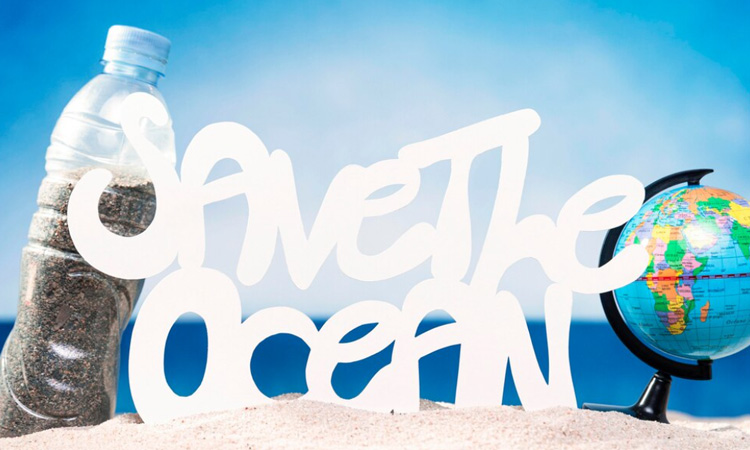Global Distribution: A Pervasive Problem
-
Ocean Currents and Transport:
Microplastics are not confined to specific regions; ocean currents play a significant role in their distribution. Once introduced into the ocean, these particles can be transported across vast distances, affecting marine ecosystems globally.
-
Hotspots of Contamination:
Certain areas, particularly those near densely populated urban centers and coastal regions, experience higher concentrations of microplastics due to increased human activities and the discharge of plastic waste into the seas.
Mitigating the Threat: Solutions for a Sustainable Future
-
Reducing Plastic Usage:
A fundamental step in addressing the microplastics crisis is reducing our overall plastic consumption. This includes minimizing the use of single-use plastics, promoting sustainable packaging alternatives, and encouraging responsible disposal practices.
-
Wastewater Treatment:
Upgrading wastewater treatment facilities is crucial for capturing microplastics before they reach the oceans. Implementing advanced filtration technologies can help prevent the discharge of these particles into water bodies.
-
Product Innovation:
The development of eco-friendly alternatives to common plastic products, such as biodegradable plastics and sustainable packaging materials, is essential in mitigating the impact of microplastics on marine ecosystems.
- International Collaboration:
Given the global nature of the issue, international collaboration is paramount. Nations, environmental organizations, and industries must work together to develop and implement policies that regulate plastic usage, improve waste management, and protect marine ecosystems.
Education and Advocacy: Empowering Change
-
Public Awareness:
Raising public awareness about the dangers of microplastics is crucial. Educational campaigns can inform individuals about the sources of microplastics, their impact on marine ecosystems, and the role each person can play in mitigating the problem.
-
Corporate Responsibility:
Companies have a vital role in driving change. By adopting sustainable practices, reducing plastic packaging, and investing in research for innovative solutions, businesses can contribute to a healthier marine environment.
The threat of microplastics to marine ecosystems is a silent crisis that demands our attention and collective action. As we navigate the delicate balance of our interconnected world, it is imperative to recognize the profound impact of seemingly insignificant particles on the health of our oceans. By reducing plastic usage, implementing effective waste management practices, and fostering international collaboration, we can strive towards a future where marine ecosystems thrive, free from the insidious grip of microplastics. The responsibility lies with each one of us to safeguard our oceans and preserve the rich biodiversity that depends on their well-being.
Next On Your Reading List:



